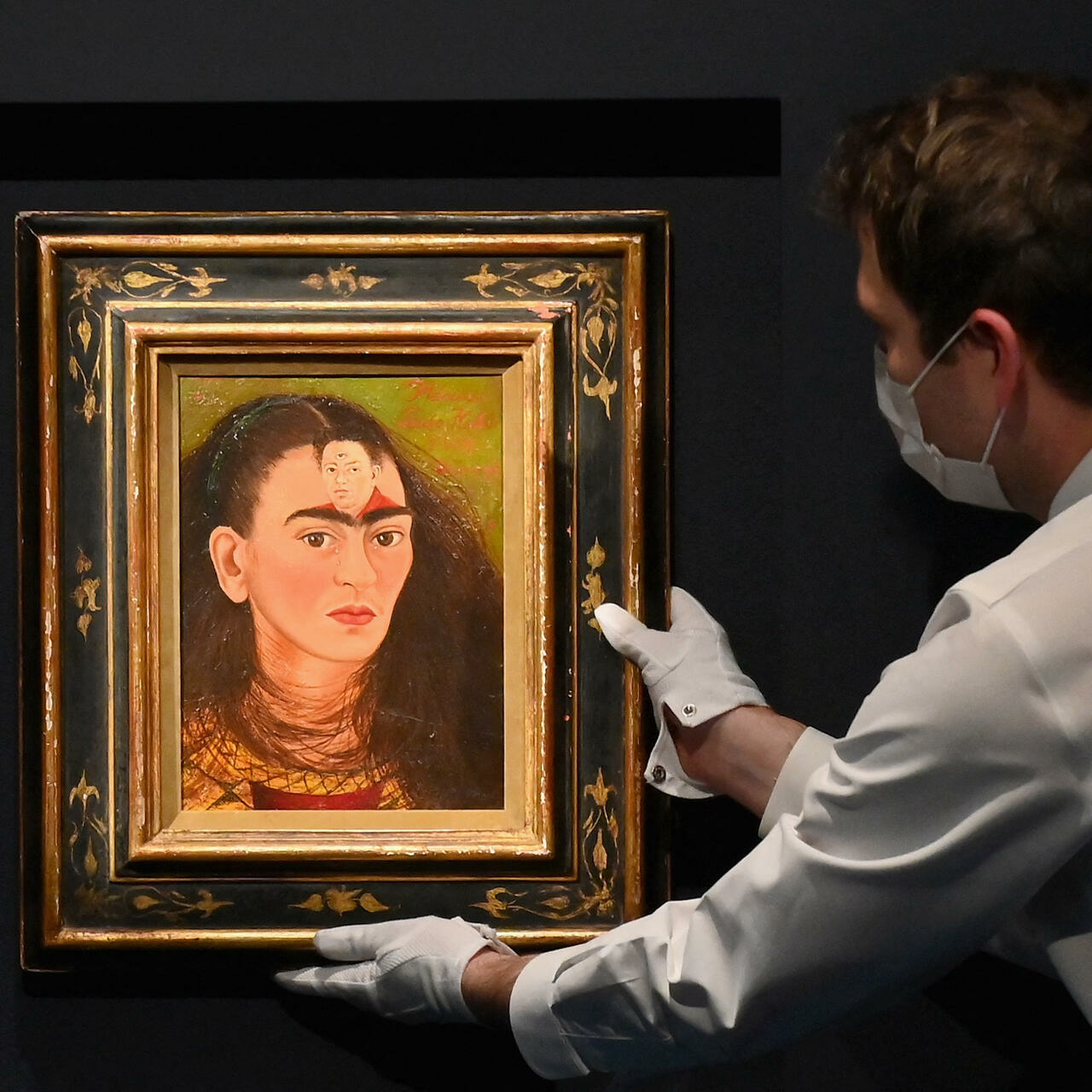AI pioneers become whistleblowers, demanding protections
OpenAI is receiving internal and external criticism for its operations and the possible threats posed by its technology.
In May, several high-profile personnel left the business, including Jan Leike, the previous head of OpenAI’s “super alignment” attempts to keep sophisticated AI systems aligned with human ideals. Leike’s departure occurred just after OpenAI debuted its new flagship GPT-4o model, which it described as “magical” during its Spring Update event.
According to rumors, Leike’s departure was motivated by ongoing conflicts about security measures, monitoring processes, and the prioritization of flashy product releases over safety concerns.
Leike’s departure has opened a Pandora’s Box for the AI company. Former OpenAI board members have come forward with charges of psychological abuse directed at CEO Sam Altman and the company’s leadership.
The escalating internal strife at OpenAI corresponds with rising external concerns about the potential threats posed by generative AI technologies, such as the company’s own language models. Critics have warned of the near existential threat of powerful AI surpassing human capabilities, as well as more immediate risks such as job displacement and the weaponization of AI for misinformation and manipulation operations.
In response, a number of current and past staff from OpenAI, Anthropic, DeepMind, and other major AI startups wrote an open letter to address these issues.
“We are current and former employees of frontier AI companies, and we believe that AI technology has the potential to provide unprecedented benefits to humanity.” “We also recognize the serious risks posed by these technologies,” the letter reads.
These hazards include the increasing entrenchment of existing inequities, manipulation and misinformation, and the loss of control over autonomous AI systems, which could lead to human extinction. AI businesses have highlighted these threats, as have governments throughout the world and other AI specialists.”
The letter, signed by 13 employees and backed by AI pioneers Yoshua Bengio and Geoffrey Hinton, outlines four key requests for safeguarding whistleblowers and increasing transparency and accountability in AI development:
- That companies will not enforce non-disparagement clauses or retaliate against employees for raising risk-related concerns.
- That companies will facilitate a verifiably anonymous process for employees to raise concerns to boards, regulators, and independent experts.
- That companies will support a culture of open criticism and allow employees to publicly share risk-related concerns, with appropriate protection of trade secrets.
- That companies will not retaliate against employees who share confidential risk-related information after other processes have failed
They and others have adopted the’move fast and break things’ strategy, which is the polar opposite of what is required for technology this powerful and poorly understood,” said Daniel Kokotajlo, a former OpenAI employee who left due to concerns about the company’s values and lack of accountability.
The requests come amid claims that OpenAI has compelled departing staff to sign non-disclosure agreements that prohibit them from disparaging the company or risk losing their vested ownership. OpenAI CEO Sam Altman admitted to being “embarrassed” by the issue, but stated the business has never taken back anyone’s vested equity.
As the AI revolution accelerates, internal conflict and whistleblower demands at OpenAI highlight the mounting pains and unresolved ethical quandaries surrounding the technology.



